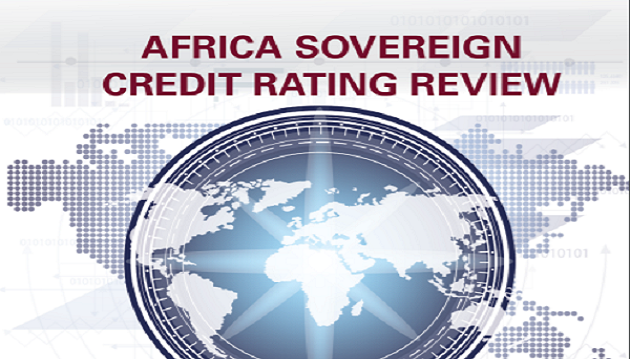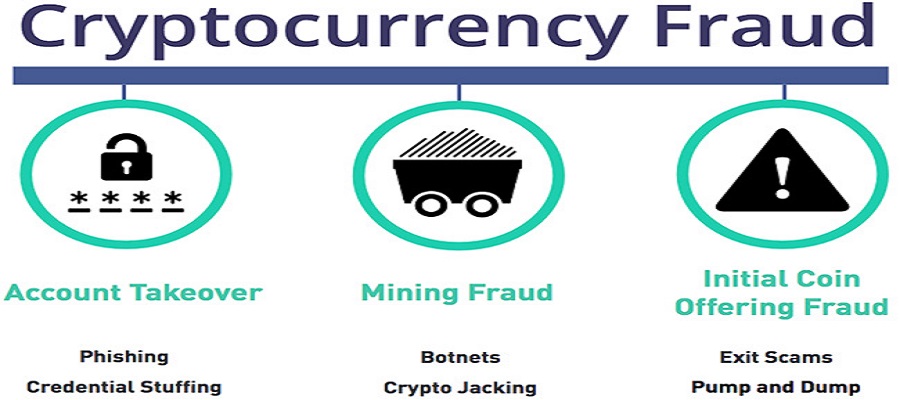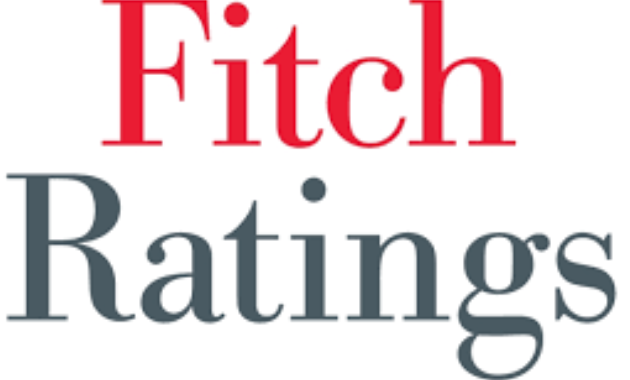E-Financial
Agbaje, GTBank CEO Bags African Banker of the Year

Guaranty Trust Bank plc, foremost African financial institution; has once again reaffirmed its position as a leading global brand with the recent recognition of Segun Agbaje, managing director/CEO;Guaranty Trust Bank plc, as African Banker of the Year during the 2016 African Banker Awards that took place on the sidelines of the AfDB annual meeting in Lusaka, Zambia.
Now in its 10th year, The African Banker Awards is internationally recognized as the landmark finance event to reward achievements, commend best practices and celebrate excellence in African banking. The award provides a platform to bring together industry leaders from across Africa and celebrate the achievements of those driving economic growth in Africa.
Speaking at the exclusive Gala Dinner at the Intercontinental Hotel attended by over 400 financiers, business leaders, and influential personalities and policy makers, Omar Ben Yedder, group publisher of African Banker magazine said “Over the years, I have been privileged to honour some truly exceptional individuals who have left an indelible mark on the industry. Today, we honour a man – Mr. Segun Agbaje – who has redefined the African Banking landscape and built an institution that is Proudly African and Truly International. Since assuming office in 2011, Mr. Agbaje has led the bank to become one of the most profitable banks in Africa with a well-defined CSR strategy that continues to give back to its host communities through its many philanthropy initiatives
Commenting on the award, Agbaje, said “I am humbled and happy to be recognized as the African Banker of the Year. For me, winning this award for the second time in 5 years is a testament to a great team of passionate and committed people, spurred by a vision to create an oasis in Africa where things are done properly, in line with global best practices.
He further added that “we remain resolute in our goal of building a franchise that is not just African but truly international. As a dynamic and driven team, we are determined to achieve more and consolidate our leading position in the banking industry by aggressively pursuing innovative solutions and maintaining a high standard in creating sustainable value for all stakeholders.
Under his leadership, the Bank has maintained its dominance of the industry by continually recording significant and enviable financial and non-financial performance.
His profundity and vivid understanding of diverse financial landscapes has been critical in ensuring the Bank’s successful foray into various financial markets across West & East Africa while maintaining a presence in Europe through its UK Subsidiary.
In due recognition of his visionary leadership, Agbaje is the recipient of several international accolades such as 2015 CEO of the Year from Finance Monthly, 2015 West African Business Leader of the Year from All Africa Business Leaders Award (AABLA) and 2015 Banker of the Year from World Finance.
E-Financial
African Union Launches Credit Rating Agency to Promote Regional Economic Integration

The African Union has taken a significant step towards promoting economic resilience in Africa with the launch of the African Credit Rating Agency (AfCRA).

The new agency aims to provide a fair, transparent, and unbiased credit rating system, addressing the biases of global rating firms that have reportedly cost Africa over $75 billion in investment opportunities.
According to Kenya’s President, William Ruto, who unveiled the agency at an AU event in Addis Ababa, Ethiopia on Friday, “Global credit rating agencies have not only dealt us a bad hand, they have also deliberately failed Africa.”
Ruto criticized the flawed models, outdated assumptions, and systemic bias used by global rating agencies, which paint an unfair picture of African economies and lead to distorted ratings, exaggerated risks, and unjustifiably high borrowing costs.
The launch of AfCRA is a response to the long-standing grievances of African countries regarding their treatment by international credit rating firms.
The agency aims to provide fair, transparent, and development-focused credit ratings that reflect the realities and potential of African economies.
Improving Africa’s rating by one notch could unlock $15.5 billion in additional funding for the continent, according to Ruto.
The idea of creating an African credit rating agency has been in the pipeline for years, with the AU officially announcing its plans to move forward with the project in September 2023.
The push for an African credit rating agency gained momentum in 2022 when Senegal’s former president Macky Sall called for a new system to “end the injustices” faced by African countries.
The African Credit Rating Agency is part of Africa’s continuous march towards economic resilience, which also includes the recent establishment of the African Energy Bank, headquartered in Nigeria.
The bank aims to provide support to unleash Africa’s energy potential and bring an end to energy poverty on the continent.
E-Financial
Nigeria Worst Hit by Crypto Currency Fraud

Fraud in the crypto industry in African continent has soared by 48 percent over the past year and Nigeria is worst hit according to report by CAJ News.

This is according to the Sumsub State of the Crypto Industry 2025 report, which indicates Nigeria recorded the highest rate of fraud across the sector, at 8,3 percent.
Thus, this percentage of verification attempts were flagged as fraudulent.
Uganda, Kenya and Tanzania all have fraud rates of 4,8 percent, with Cameroon (4,5 percent), Ethiopia (3,7 percent), Ghana (3,5 percent), Algeria (2,6 percent), Benin (2,6 percent) and Morocco (2,1 percent) recording significant rates.
The most popular fraud types are document forgery (affecting 31 percent of surveyed companies), phishing (20 percent) and money mulling (15 percent), followed by account takeover (14 percent) and forced verification (12percent).
Simsub, the cyber crime expert, believes this surge highlights the need for companies to adopt artificial intelligence (AI)-powered detection, biometrics and continuous monitoring to enhance security.
The report states that innovations like biometric checks, AI-backed automation and document-free verification have boosted crypto platform users’ on-boarding success rates to 93,39 percent and reduced verification time by 46 percent, overall improving customer on-boarding while reducing drop-off cases.
Hannes Bezuidenhout, Vice President of Business Development (Africa) at Sumsub, said Africa’s growing adoption of crypto provided its own challenges, but the company foresaw increasing demand and growing user expectations across the continent.
“So it’s crucial for VASPs operating in the region to implement secure verification systems and stay vigilant to fraud, while keeping an eye on evolving and new regulations concerning the crypto sector to avoid fines.”
VASP is an acronym for virtual asset service provider.
E-Financial
Banking Consolidation Less Likely as Nigerian Banks Meet Capital Requirements – Fitch

Fitch Ratings has said that Nigerian banks are making significant progress in raising core capital to meet new paid-in capital requirements. The rating agency noted that the banks are generally on track to meet the end-of-first quarter (Q1) 2026 deadline.

This is supporting a recovery in capitalisation from the impact of naira devaluation, providing fuel for business growth. It also reduces the likelihood of significant banking sector consolidation.
In March 2024, the Central Bank of Nigeria announced a significant increase in paid-in capital requirements (share capital plus share premium) for commercial, merchant and non-interest banks.
Banks have three ways to comply – through equity injections, M&A and downgrading their licence authorisation.
Fitch-rated banks have made notable progress towards compliance. Almost all have raised capital or formally launched the process to do so.
The two largest banks, Access Holdings and Zenith Bank, are the first to secure enough fresh capital to meet the N500 billion requirement for an international licence. First HoldCo, United Bank for Africa and Guaranty Trust Holding Company are taking a phased approach.
They have recently raised capital and have shareholder approval to begin raising more to meet the N500 billion requirement. First HoldCo’s and United Bank for Africa’s recent rights issues are awaiting final regulatory approval.
Fidelity Bank and FCMB Group have completed initial capital raisings but will need to raise more to maintain their international licences. As second-tier banks, they must raise significantly more capital relative to their balance sheets than larger banks.
They have extraordinary general meeting approval for this, although they could consider downgrading to a national licence as they each have just one foreign subsidiary.
Ecobank Nigeria Limited (ENG) and Jaiz Bank needed only small capital injections to meet their requirements and have already achieved compliance. We estimate that ENG is still in breach of its total capital adequacy ratio (CAR) requirement of 10 percent but it has further capital-raising plans to restore compliance. Stanbic IBTC Holdings has launched a rights issue to raise capital to maintain its national licence.
Strong investor appetite has ensured that the vast majority of capital raisings so far have been successful, and most first- and second-tier banks should be able to meet their new capital requirements through capital raisings alone. Therefore, we believe the likelihood of banking sector consolidation among first- and second-tier banks has decreased.
Union Bank of Nigeria (UBN), which is also in breach of its 10 percent CAR requirement, and third-tier banks have generally been slower to raise capital. Wema Bank has shareholder approval to raise enough capital to retain its national licence and plans to launch the process in April.
Coronation Merchant Bank recently received board approval. It is not clear whether UBN and unrated third-tier banks have received the necessary approvals. M&A activity and licence downgrades remain more likely among third-tier banks.
The capital raisings are contributing to a recovery in capitalisation from the impact of naira devaluation, which put pressure on capital ratios and increased US dollar credit concentration risks. Strengthened buffers over minimum CAR requirements will mitigate risks from a challenging operating environment, including regulatory intervention and further naira volatility, while providing room for business growth.
The capital raisings are unlikely to lead to banks with Long-Term Issuer Default Ratings (IDRs) of ‘B-’ being upgraded given the constraint of Nigeria’s ‘B-’/Positive Long-Term IDR.
However, they could contribute to Outlook revisions to Positive for some banks, and, providing CAR compliance is restored, to upgrades for UBN and ENG (both rated ‘CCC’). Capital raisings are more likely to affect National Long-Term Ratings, which measure the relative creditworthiness of Nigerian issuers.

 E-Business2 days ago
E-Business2 days agoSchmidt, Ex Google Chief Says AI Risky in Terrorist Hands

 News2 days ago
News2 days agoFG Order MDAs to Close Commercial Banks’ Accounts, Enforce TSA Policy

 Telecom2 days ago
Telecom2 days agoBreaking….Tariff Hike: MTN Apologizes to Nigerians but Silent on Reversal

 E-Financial2 days ago
E-Financial2 days agoNigeria Worst Hit by Crypto Currency Fraud

 Telecom2 days ago
Telecom2 days agoSalesforce Collaborates with Tech Leaders to Launch AI Energy Score for Model Efficiency

 Telecom2 days ago
Telecom2 days agoGombe Commissioner of Police Visits GBB Command Centre, Strengthens Collaboration on ICT-Driven Security Solutions

 E-Financial2 days ago
E-Financial2 days agoBanking Consolidation Less Likely as Nigerian Banks Meet Capital Requirements – Fitch

 E-Financial2 days ago
E-Financial2 days agoGTB Announces Zero Processing Fees on POS Transactions















